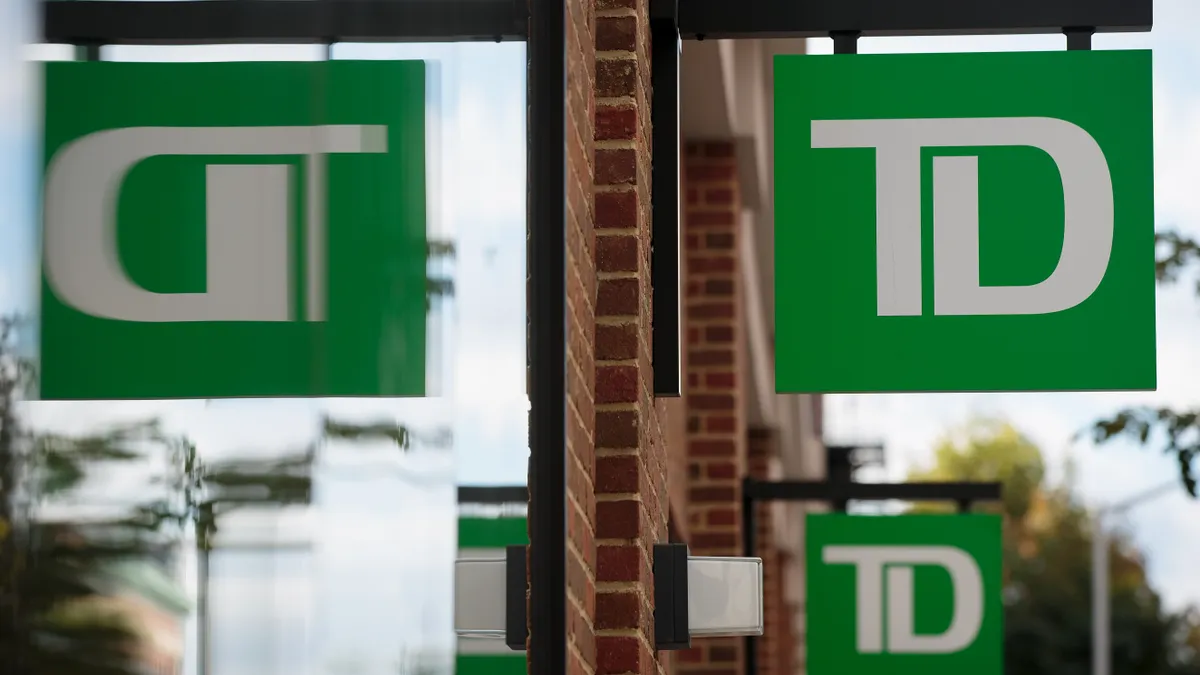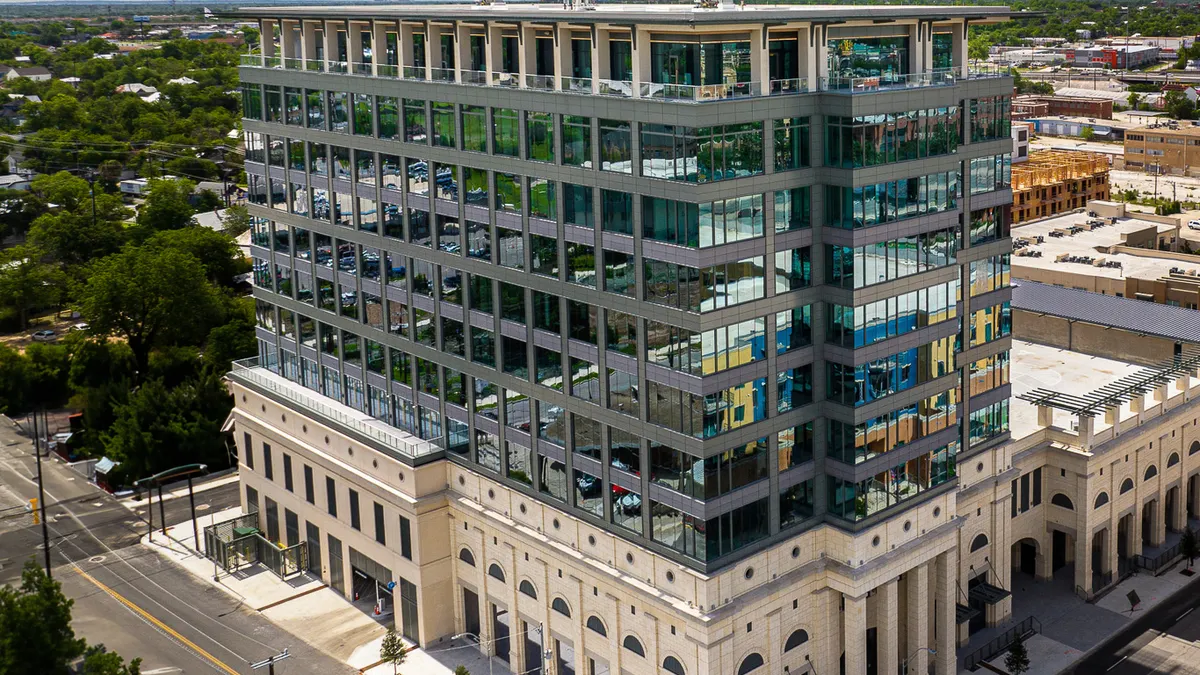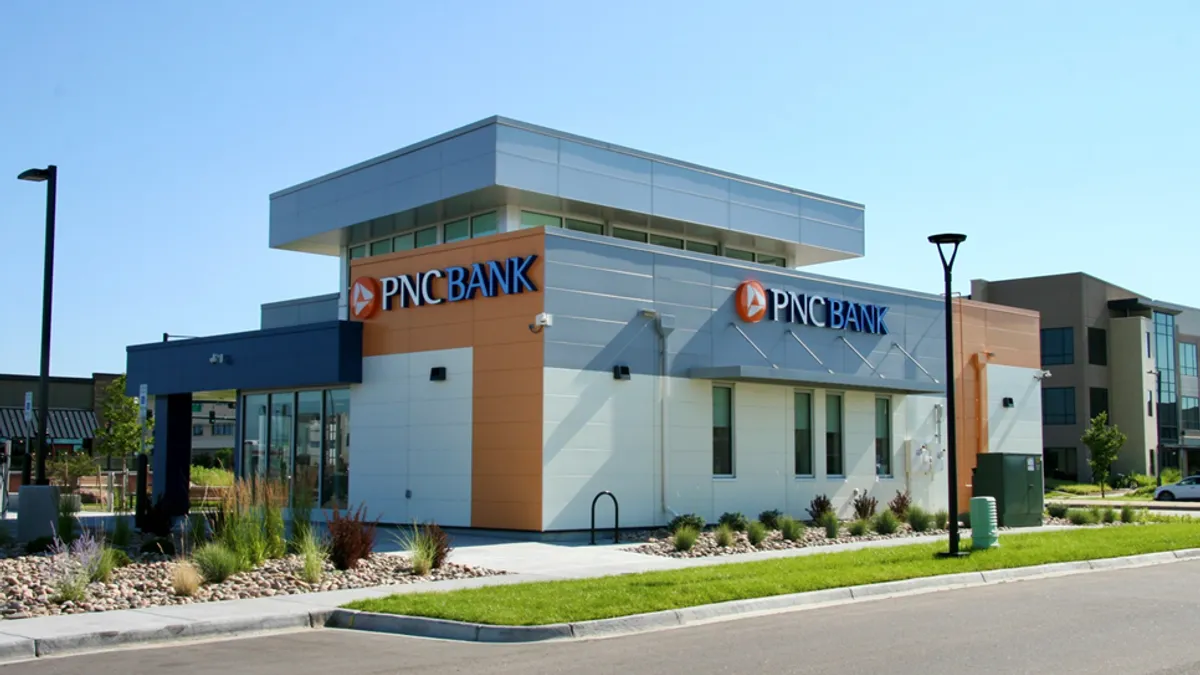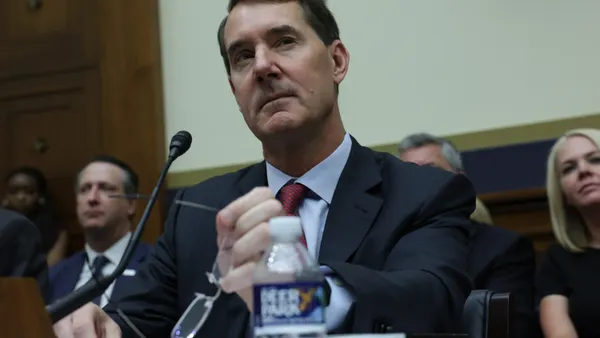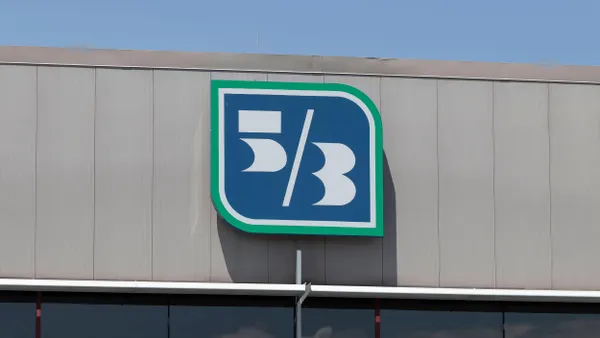TD is looking to broaden the national reach of its middle-markets business, a segment of the bank that serves institutional clients, such as universities, nonprofits and healthcare systems, said Chris Giamo, TD’s head of commercial banking.
The Toronto-based bank has identified Chicago and Atlanta as two cities where the firm can gain a greater share of the middle-market segment without having to build more branches, he said.
“We have clients nationally in those segments where we do not have a store network, and the opportunity to expand our coverage model there and expand our brand awareness in those markets where we've demonstrated that we are subject-matter experts is a big part of our fiscal 2024 plan of growth,” said Giamo, who has headed TD’s commercial banking unit since 1998.
The effort comes as the bank also plans to open 150 U.S. retail branches — or stores, as the bank calls them — by 2027, with a focus on South Florida, Atlanta and North Carolina. TD CEO Bharat Masrani first shared details about the physical expansion during an earnings call in May.
Boosting the firm’s institutional client segment won’t require the same brick-and-mortar investment as growing a retail footprint, Giamo said.
“Whether they be universities, not-for-profits or healthcare systems, the store network — while it's important, it's less important — and a lot of their treasury management functions can be handled digitally or remotely,” he said.
But the effort will come with a talent expansion, Giamo said.
“We will be adding bankers in those segments to expand and accelerate our growth trajectory in those areas, but it's a combination of investing in our product capability and innovating our product offerings, simultaneously,” he said.
Giamo said TD is focused on delivering its services through a combination of technology and human touch. Providing commercial clients with advice in addition to standard banking services is also key to helping the firm stand out from competitors, he said.
“Banking is not just a commodity. When times are tough, you really need that trusted adviser,” he said. “You have to balance innovation and human touch at the same time. Those things have to be aligned so you can offer the most innovative, cutting-edge products and services. But if you don't have trusted advisers, knowledgeable bankers that can guide businesses on how to use them and when to use them and how to introduce them into their businesses, it's not good enough.”
Businesses are increasingly relying on their banks to provide advice and guidance as they navigate economic challenges, a trend that took off during the COVID-19 pandemic, Giamo said.
“It was the first time you had an entire global economy essentially shut down, and businesses really didn't know where to turn,” Giamo said. “Smaller businesses that are entrepreneurial-led, that entrepreneur is, in some cases, the chief revenue officer, the chief financial officer and the chief executive officer. And in that really difficult time, they didn't have boards of directors or other types of executives to lean on. They had to lean on accountants, attorneys and banks. What helped TD is, we've always approached that from an advisory standpoint. So I think we were able to really better serve our clients through that difficult time.”
Looking ahead
With the Federal Reserve recently signaling a pause in rate hikes, Giamo predicts 2024 will bring some relief to businesses that have struggled to operate in a high-interest-rate environment.
The ongoing uncertainty associated with the macroeconomic environment, however, could mean access to capital will still be a challenge for some businesses, he said.
“That could be a little bit of a headwind. But I feel, from our perspective, our clients have shown a lot of resiliency, and we feel fairly optimistic and bullish at TD with our ability to continue to demonstrate organic growth and provide trusted advice to our customers with more comprehensive solutions, Giamo said. “And I think coming out of the pandemic, that trusted advice element is really what businesses need, particularly entrepreneurial businesses, which are the backbone of the economy and a lot of what we have in the portfolio.”


